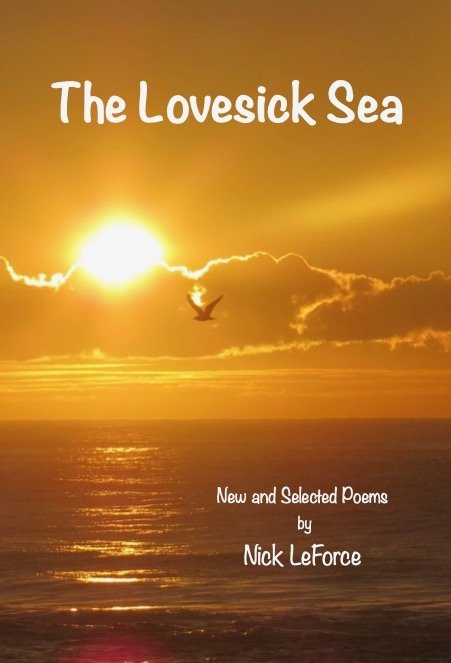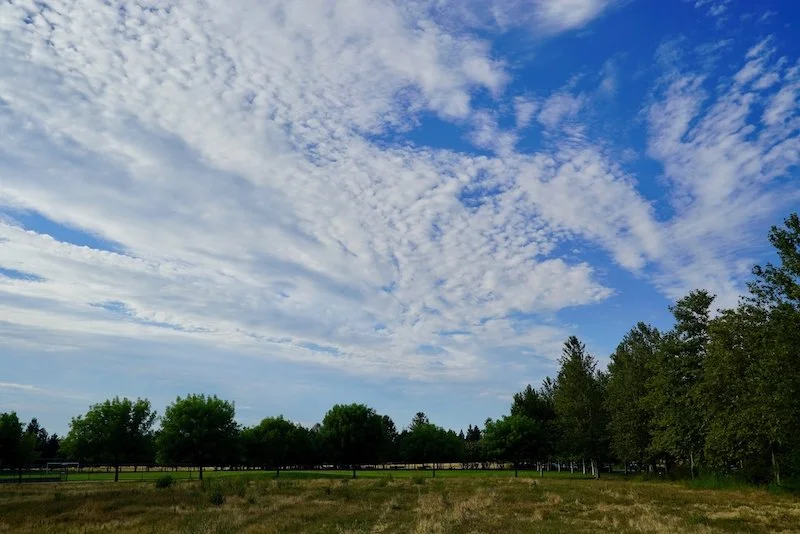The Bottom Line
/"The bottom line.” This surprisingly recent idiom in the American lexicon has become the standard to measure standards; the fault line that separates success from failure, the hook on which we hang our hat, and the feature we point to as non-negotiable in any interaction. The bottom line reduces success to a number regardless of what it takes to make the equation land on the plus side. The phrase, which refers to the accounting practice to put the final figure on the last line of any financial report, originated in 1967 (according to the online etymology dictionary) and only came into common usage in the 70’s and 80’s. It has since leaked out of the boardroom and come to represent the sword edge of all tough decisions and that last stand in any battle.
So, for me to start my daily missive with this phrase comes as a surprise. I rarely hold my self to anything so hard and fast. I rarely plant a flag or stake a claim. I rarely take a firm stand or fight to defend a principle to the end. The phrase came to my fingers first, typing without my consent, flinging letters onto the page like a crazed artist splashing paint across a canvas. I added the quotes after softening the effect. I turned it into a surface probe, using the net to “re-search” its origins as if this would put the idea in place. I used these web-tracks to erect an elevated walkway above the forest floor on the ecological premise of “do not disturb” in order to let the wild live its own ways.
Now I stand safe in this tower lookout surveying the canopy of trees from above, marveling at the mosaic formed by the shades of green that hide the life below. My attention locks on a cacophony of wild sounds, a mix of bird calls, monkey shrieks, cricket hums, and the deep growl of danger. I do not have the skill or knowledge to discern among them, my mind racing with images I’ve seen in books or TV while I sat on my couch protected from the elements. Somewhere down there in the jungle of my life is my bottom line. Somewhere under that canopy is the end of an equation that takes into account what is left of my daily currency when the day is done and the books are closed; an equation that adds and subtracts my actions and reactions, my habits of heart and mind, my deeds done and undone, my kindness and my cruelty, my love and my fear.
The matter is crystal clear: the bottom line is not here in the high view where matters of the heart can be converted into numbers on a spreadsheet. The bottom line is down there, on the earth, where knees are skinned and a tick bite can take my life, where children suffer hunger and lose hope, where the old are left to die alone, and where love takes a back seat to an economy of greed and jealousy. The bottom line is how I live in such a world; how tightly I keep myself or how loosely I keep my word, how carefully I tread through life and how carelessly I guard my heart because the bottom line means nothing if it cannot hold my weight and serve, whether plus or minus, as solid ground from which I take my next step.
© Nick LeForce
All Rights Reserved
A few of my secrets for writing poetry and prose:
One method to stimulate creative writing is to start with something concrete and then overlap into the "imaginal." For me, a writing session most often begins by grounding in the present moment and by simply noticing what I see, hear, feel, or touch. I usually start with sensory descriptive statements, taking the world in and using the inner reflection as a springboard to the imaginal, letting it stimulate a second reflection in the form of inner images and thoughts that carry the writing forward. To initiate the second reflection, I sometimes ask myself, "what is this (scene, sound, sensation) like?" Or, "what does this reveal (mean, teach, or tell me; what message may it have for me)?" Sometimes I zoom out to a larger perspective: "How is this moment reflecting my life, or something in the world?"
In this piece, I also track my own process, noticing how I started with a line that actually brought up some mild, easily dismissable, discomfort, enough to put the phrase in quotes. This demonstrates a third kind of reflection. In addition to the first reflection, which is like mirroring the world as it is, and the second reflection, which transforms the first reflection into a metaphor or ponders what it teaches me, there is a third reflection, which is a kind of meta-reflection on the process of reflecting itself. I consider all of these as part of a larger process of transforming experience into wisdom. The final step is contribution, which brings the wisdom gained back to the world. I teach this process in the "Wording the World" workshop.
Mark your calendar for September 17-18, 2016!
Please share your thoughts and comments below.







